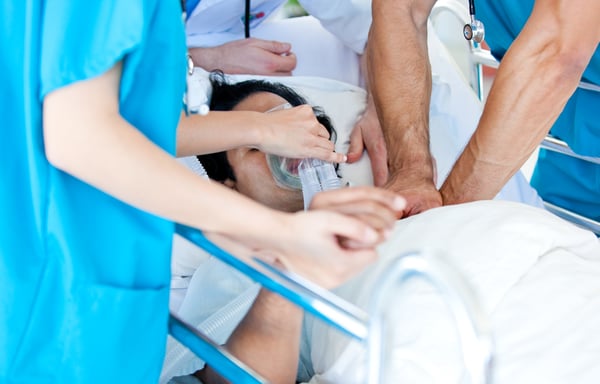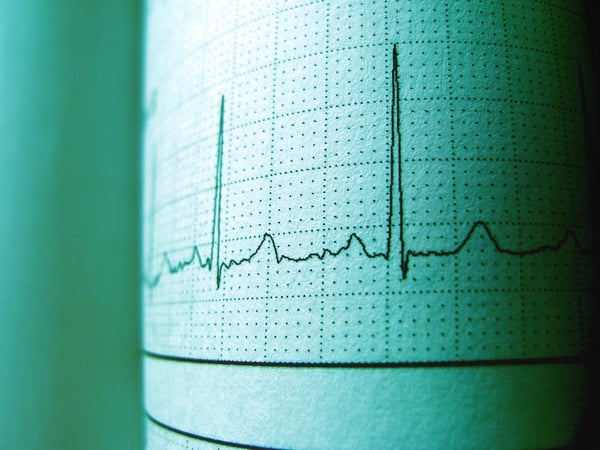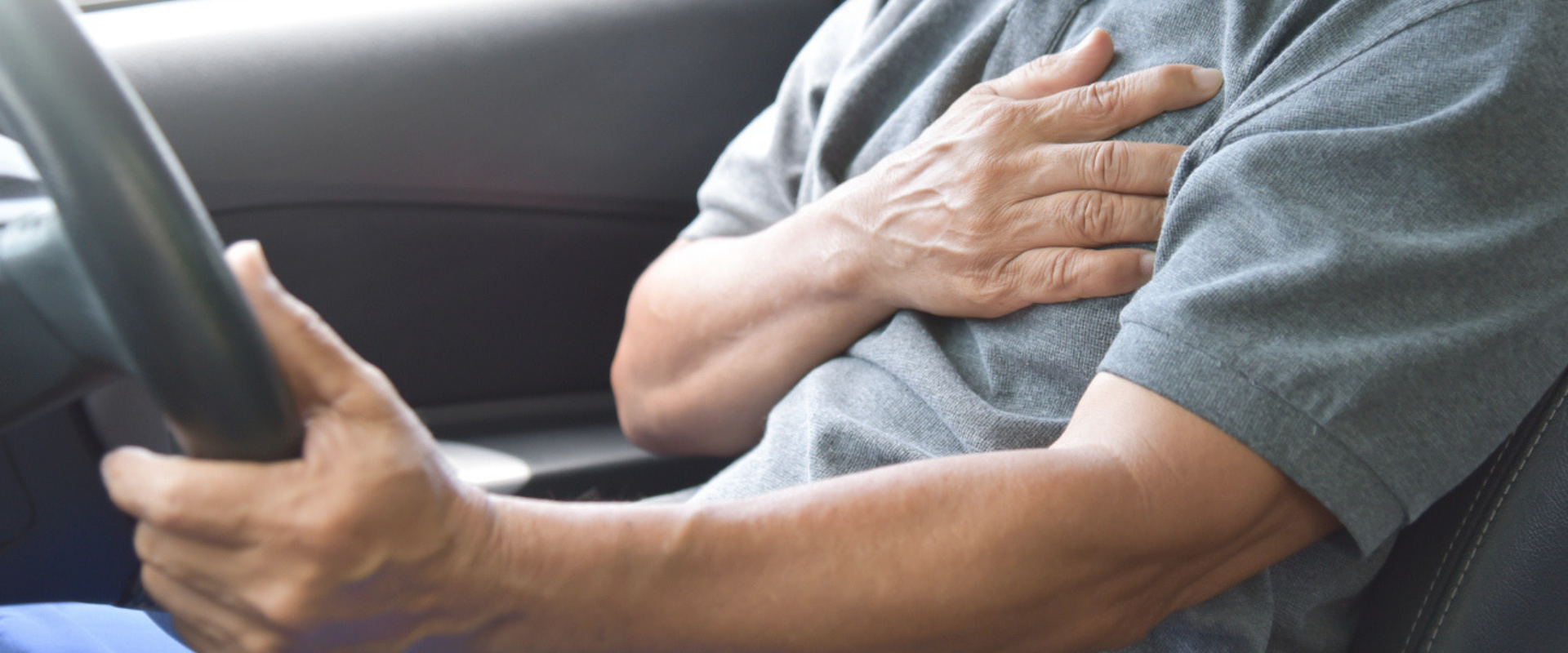Heart attack or myocardial infarction is a serious medical emergency in which the blood supply to the heart is suddenly severely reduced or completely blocked. Diminished blood supply which causes lack of oxygen may cause serious damage to the heart muscle and can be life-threatening.
Heart attacks often come unexpectedly - having health insurance in Thailand is vital to ensure you have good health care services available to you.
Heart attacks occur mainly due to Coronary Artery Disease, in which there is a plaque buildup inside the coronary arteries, the blood vessels that feed the heart muscle. According to the latest WHO data published in 2017, coronary heart disease is the leading cause of deaths in Thailand which accounts for 12.61% of total deaths.

Plaque formed by the build ups of fat, cholesterol and other substances over many years (atherosclerosis) can cause narrowing of the arteries. If it ruptures, a large blood clot can form on its surface, completely blocking blood flow. Smoking, unhealthy diet, diabetes, old age, obesity and lack of physical activity can increase the risk of atherosclerosis.
Beside coronary heart disease, another cause of a heart attack is a spasm of the coronary artery that shuts down blood flow to part of the heart muscle. Use of tobacco and illicit drugs, such as cocaine, can cause the life-threatening spasm. A heart attack can also happen due to a tear in the coronary artery (spontaneous coronary artery dissection).
While the classic symptoms of a heart attack are chest pain and shortness of breath, gender differences may incur different manifestations. Heart attack symptoms in women are not always similar to those in men. Sometimes the symptoms can be so mild that women may miss them. Regardless of your gender, it’s also important to remember that each heart attack is different. Trust your instincts and act fast.

Symptoms of a heart attack in men include:
- Chest pain/pressure, with a squeezing sensation that may come and go or remain constant and intense
- Upper body pain or discomfort, including arms, left shoulder, back, neck, jaw, or stomach
- Rapid or irregular heartbeat
- Shortness of breath even when you’re resting
- Dizziness
- Stomach discomfort that feels like indigestion
- Breaking out in a cold sweat
Symptoms of heart attack in women include:
- Uncomfortable pressure or pain in the centre of your chest, which may spread to your arm
- Shortness of breath
- Unusual fatigue lasting for several days or sudden severe fatigue
- Sleep disturbances
- Anxiety
- Lightheadedness
- Indigestion or gas-like pain
- Upper back, shoulder, or throat pain
- Jaw pain or pain that spreads up to your jaw

You may feel it is unnecessary to seek medical help if your symptoms are mild or vague. But you need to determine your medical needs based on what feels normal and abnormal for you. Don’t hesitate to get help if you haven’t experienced symptoms like this before.
A study in the European Heart Journal discovered that women with heart attack wait approximately 37 minutes longer than men before contacting medical services. As such, women are more likely to die due to heart attack than men with total in-hospital death due to heart attack was 24% in women compared to 14% in men (data from Thailand).
Heart disease is estimated as the leading cause of death in women, and therefore, it is important beyond measure that women, as well as men, should have a full grasp of the signs and symptoms, make regular appointments with your doctor, and know your risk factors.
If you suspect your are having a heart attack, act immediately. It is better to be safe than sorry! Immediate restoration of blood flow to the heart is the vital treatment needed for individuals suffering from heart attack. As every minute counts, knowing how to call an ambulance in Thailand can be crucial in such a situation.

If you are already on medication, such as nitroglycerin, take your medication as instructed while waiting for emergency help. You may take aspirin if recommended as aspirin could reduce heart damage by helping to keep your blood from clotting. But aspirin can interact with other medications, so don’t take it unless recommended by your healthcare provider.
Have someone drive you to the nearest hospital if you don’t have access to emergency medical services. Do not drive yourself unless there are no other options. Your condition can worsen and driving can put yourself and others at risk.
You may need to undergo major cardiac procedures such as coronary angioplasty and stenting or coronary artery bypass surgery. A comprehensive health insurance in Thailand may help you to cover the cost of major surgery in high-quality facility in Thailand. Read our guide to health insurance in Thailand for you to secure the right coverage for your situation. Besides heart attack, insurance coverage can ensure a hassle-free experience in case of any common causes of hospitalization in Thailand occurs to you.
.png)


